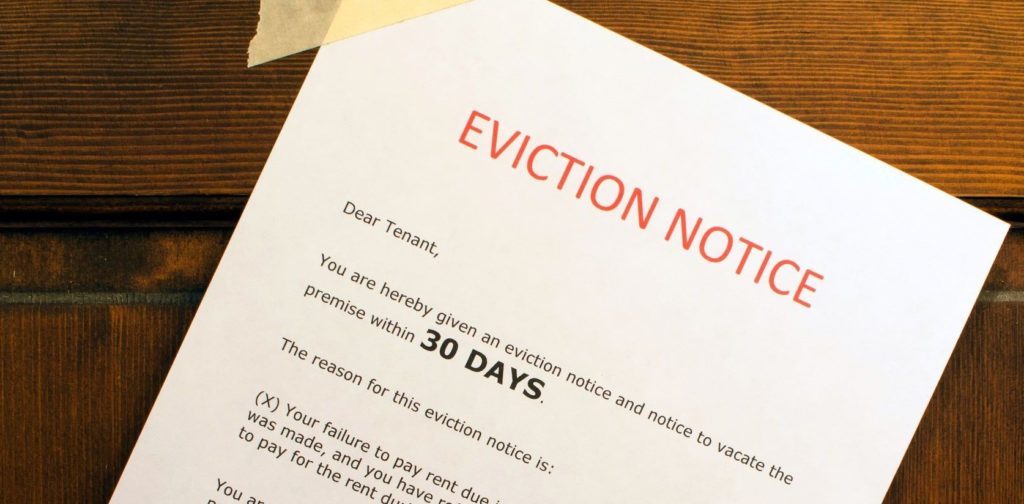Rideshare Accidents
Miami’s streets are some of the most hazardous in the United States and several automobile collisions happen every day. Many of these car crashes involve rideshare applications like Lyft or Uber, their chauffeurs, and the commuters on their journey. Not only do accidents cause bodily damage and psychological torment, but the anxiety of dealing with the individuals in a rideshare accident also adds a new layer of burden to already upsetting circumstances. Under these conditions, it’s imperative to know what to do if you or a loved one is hurt due to someone else’s negligence. An experienced personal injury attorney can ensure you receive the compensation you deserve for your damages if your Lyft or Uber driver gets into an auto accident while you are a passenger on its way to your destination.
The Law Offices of Matthew Ladd, Coral Gables, handles personal injury cases involving rideshare accidents.
Uber and Lyft rideshare collisions can cause a variety of complications, from bodily pain to debt, regardless of the intensity of the impact. You need to be certain that those responsible will be held accountable for any difficulties you face. Some injuries and other consequences may not be seen or felt instantly, so it’s important to make sure you get proper medical care and personal injury legal representation to circumvent any delays when pursuing your claim.
Florida law obligates rideshare companies to have insurance covering their drivers for up to $50,000 in injury liability, $100,000 for total liability, and $25,000 for property damage before they are even matched with a passenger. Once paired, there is up to $1,000,000 in coverage per accident. This makes certain that anybody under- or uninsured is covered and the financial needs of those not at fault after the incident can be met.
Riders, as well as drivers of rideshare apps involved in car accidents, need solid and knowledgeable representation when in search of a personal injury claim. A lawyer skilled with this procedure can ease the inquiry into liability, acquire the correct documentation to pursue a lawsuit, negotiate a settlement, all while dealing with insurance companies. Chasing an adjuster without an attorney is a critical error that can affect you on various levels. Insurance and rideshare businesses are crafty, looking only after their best interests, not yours. Instead, they will try to lessen your claim and pay as little as possible for your injuries and losses.
Therefore, it is critical to have an experienced personal injury advocate who can pursue your claim, negotiate a settlement, file a lawsuit and go to trial. The insurance companies know that The Law Offices of Matthew Ladd, Coral Gables, is a firm that loves to litigate and always seeks full recompense for their client’s claims.
Locating the correct attorney to take an Uber or Lyft personal injury case is critical to the process. Confirm that your lawyer takes cases to court and ask how they settle claims prior to trial. All big insurance companies are aware of which advocates file proceedings, and which merely seek payments. Those firms that don’t regularly file personal injury lawsuits receive lower offers for their clientele because the insurance companies know they don’t have to pay their claim’s full value.
For more information regarding Lyft or Uber accidents, The Law Offices of Matt E. Ladd, Coral Gables, is a full-service law firm assisting those in need of criminal or civil representation in both State and Federal Courts throughout Florida.
Call us at (305) 665-3978 or click here to send us a message and a delegate will be in contact for your free consultation.





